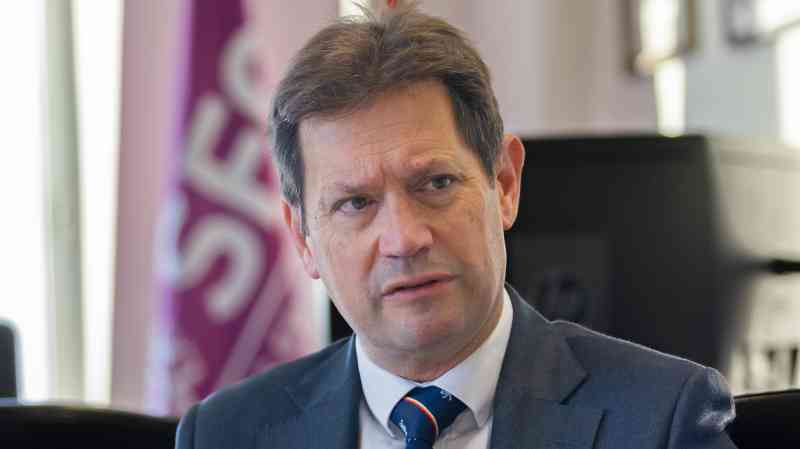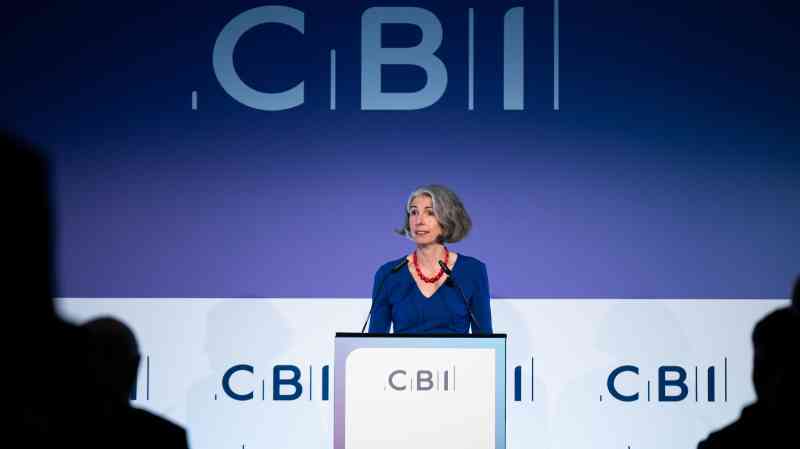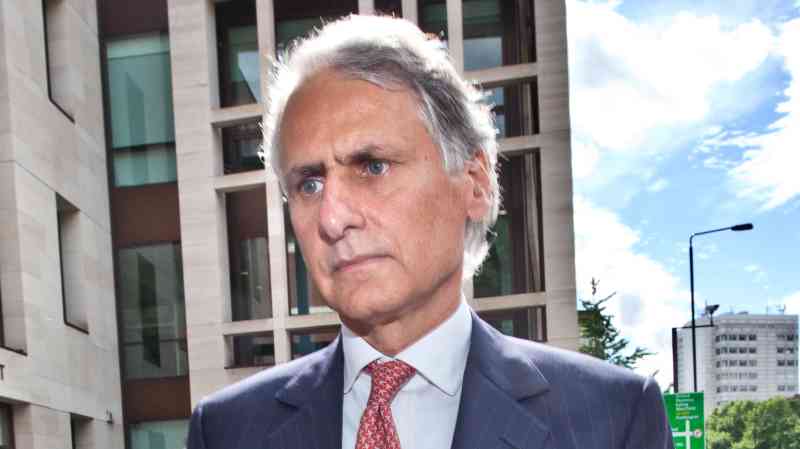Serious Fraud Office should be replaced after ‘high-profile failures’
The Serious Fraud Office should be scrapped and replaced with a body that places a greater emphasis on the prevention of economic crime, a free-market think tank has said.
The Institute of Economic Affairs said that the SFO had been “plagued by a series of high-profile failures, including ethical misconduct and incompetence” and that its approach was fundamentally flawed.
A paper from the institute, written by three academics who specialise in economic crime issues, said a new body was required which would have a responsibility to deter fraud before it occurred along with the prosecution powers enjoyed by the SFO.
The organisation was created in 1988 and investigates and prosecutes serious or complex fraud, bribery and corruption.
Fraud has become the most common crime in the UK, the institute said, but the number of fraud convictions had fallen from 12,378 in 2012 to 3,455 in 2022.
Researchers criticised the fraud office for its focus on complicated high-profile prosecutions, saying that this had diverted resources away from other important areas, such as crime prevention and the support of small and medium-sized enterprises that are increasingly susceptible to fraud.
They added that the criminal justice system was “incapable of addressing the intricate, technical and complex nature of cases involving serious fraud”, leading to “costly delays and, often, failed prosecutions”.
A new body should be encouraged to make greater use of “alternative justice mechanisms, including deferred prosecution agreements and using larger fines”, the institute said. It should also be given expanded powers to set standards and impose regulatory sanctions.
David Shepherd, an economic crime researcher and co-author of the report, said: “The SFO is hamstrung by its focus on criminal justice and courts that are not fit for purpose. Breaking these constraints with a revitalised agency, a new identity and a broader range of regulatory-style powers would better serve the public good.”
The institute has said that the SFO “failed to disclose potentially exculpatory evidence, mishandled documents, used unlawful search warrants, undertaken inadequate legal analysis, made spurious allegations, and, in one case, forged a letter”.
Convictions of former Unaoil executives have been overturned due to the SFO’s failure to disclose key material relating to communications between Lisa Osofsky, its former director, and a Unaoil adviser.
The SFO has raised £1. 7 billion since 2015 via deferred prosecutions. These involve companies reaching an agreement with a prosecutor, where the company is charged with a criminal offence and often pays a fine but proceedings are automatically suspended. Their use has been contentious, with critics saying they can be unfair and are not a sufficient deterrent for wrongdoing.
Nick Ephgrave, who took over as director in September, said he was working on “sharpening our casework to bring results more quickly”.
An SFO spokesman said: “Since 2020, we have returned over £1 billion to the UK taxpayer from penalties, successfully prosecuted over 20 individuals and companies, and secured the UK’s largest ever corporate sentence.”
In 2022, Glencore was ordered to pay a record £281 million penalty following bribery charges brought by the SFO. Ephgrave has set out plans to strengthen the office’s preventative function.






